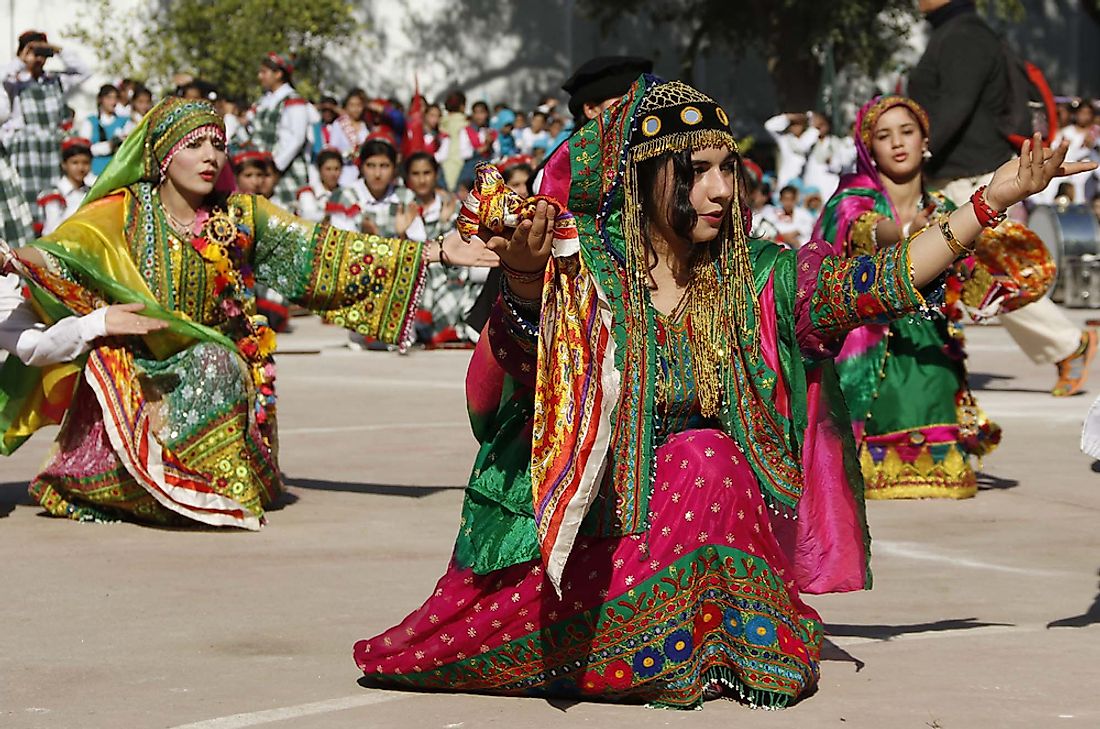What is a Tradition in Culture: Complete Guide
A tradition in culture refers to a practice, belief, custom, or behavior that is passed down from generation to generation within a particular group or society. Traditions often play a significant role in shaping a community’s identity, values, and sense of belonging. They can encompass various aspects of life, including rituals, celebrations, ceremonies, folklore, cuisine, art, music, and language. Traditions provide continuity, foster social cohesion, and serve as a means of preserving and transmitting cultural heritage from one generation to the next.
Definition and Significance of Tradition
Tradition encompasses a wide array of customs, rituals, and social norms passed down through generations within a particular community or society. It forms the cultural fabric, defining the identity and values of a group of people. Significantly, traditions foster a sense of belonging and continuity, providing individuals with a framework for understanding their place in the world. Read about Korean Summer Fashion
Types of Traditions
Traditions manifest in various forms, including ritualistic ceremonies, social protocols, religious observances, and festive celebrations. Each type of tradition reflects the unique characteristics and beliefs of the community from which it originates, serving as a testament to the diversity of human culture.

Historical Perspective
Throughout history, traditions have evolved in response to social, political, and environmental changes. They serve as a repository of collective memory, preserving the wisdom and experiences of past generations. Historical events shape the trajectory of traditions, influencing their development and adaptation over time.
Global Diversity in Traditions
Cultural traditions exhibit remarkable diversity across the globe, reflecting the unique experiences and perspectives of different societies. While globalization has facilitated the exchange of ideas and practices, it has also posed challenges to the preservation of traditional customs and beliefs. Discover about Louis Vuitton vs Louboutin
Role of Tradition in Society
Traditions play a pivotal role in fostering social cohesion and solidarity within communities. They serve as a mechanism for transmitting values, norms, and cultural heritage from one generation to the next, reinforcing bonds of kinship and mutual respect.
Challenges to Traditional Practices
In an era of rapid technological advancement and social change, traditional practices face numerous challenges. Modernization, globalization, and shifting societal norms pose threats to the preservation of cultural traditions, leading to concerns about their authenticity and relevance in contemporary society.
Adaptation and Preservation of Traditions
To ensure the survival of traditional practices, communities must adopt adaptive strategies that reconcile tradition with modernity. This involves striking a balance between preserving cultural authenticity and embracing innovation, thereby safeguarding the rich tapestry of human heritage for future generations.
Examples of Iconic Traditions
From vibrant cultural festivals to solemn ceremonial rituals, traditions manifest in myriad forms across different societies. Whether through traditional cuisines, folklore, or storytelling traditions, communities express their unique identities and values through shared cultural practices.
The Importance of Passing Down Traditions
The transmission of traditions from one generation to the next is essential for preserving cultural continuity and identity. Families, schools, and community organizations play vital roles in imparting traditional knowledge and values to young people, instilling a sense of pride and belonging in their cultural heritage.
Cultural Identity and Traditions
Traditions serve as markers of cultural identity, shaping individuals’ perceptions of themselves and their place in the world. Cultural diversity enriches the tapestry of human experience, fostering mutual respect and understanding among different communities.
Celebration and Revival of Traditions
In the face of cultural erosion and homogenization, efforts to celebrate and revive traditional practices are crucial for preserving cultural diversity and heritage. Through cultural festivals, educational programs, and grassroots initiatives, communities can reclaim and reaffirm their unique identities.
Influence of Traditions on Contemporary Society
Traditions exert a profound influence on contemporary society, permeating various aspects of daily life, from art and literature to entertainment and fashion. By integrating traditional elements into modern lifestyles, individuals bridge the gap between past and present, forging connections that transcend time and space.

The Future of Traditions
As societies navigate an increasingly complex and interconnected world, the future of traditions remains uncertain. However, by embracing innovation while honoring the wisdom of the past, communities can chart a course toward a future where traditional practices thrive alongside modernity.
Conclusion
In conclusion, traditions constitute the bedrock of human culture, embodying the collective wisdom, values, and experiences of generations past. As stewards of our cultural heritage, it is incumbent upon us to safeguard and celebrate the diverse tapestry of traditions that enrich our lives and unite us as a global community.
FAQs
- Why are traditions important in culture?
- Traditions play a vital role in preserving cultural identity and fostering social cohesion within communities. They serve as a link between past, present, and future generations, providing a sense of continuity and belonging.
- How do traditions evolve over time?
- Traditions evolve in response to changes in social, political, and environmental contexts. They may undergo adaptations and modifications while retaining their core values and symbolism.
- What challenges do traditional practices face in modern society?
- Traditional practices face challenges such as globalization, technological advancements, and changing societal norms, which threaten their preservation and relevance in contemporary society.
- How can individuals contribute to the preservation of traditions?
- Individuals can contribute to the preservation of traditions by actively participating in cultural events, supporting local artisans and cultural practitioners, and passing down traditional knowledge to future generations.
- What role does education play in safeguarding cultural traditions?
- Education plays a crucial role in transmitting traditional knowledge, values, and practices to younger generations. Schools, museums, and cultural institutions serve as platforms for promoting awareness and appreciation of cultural heritage.

Post Comment